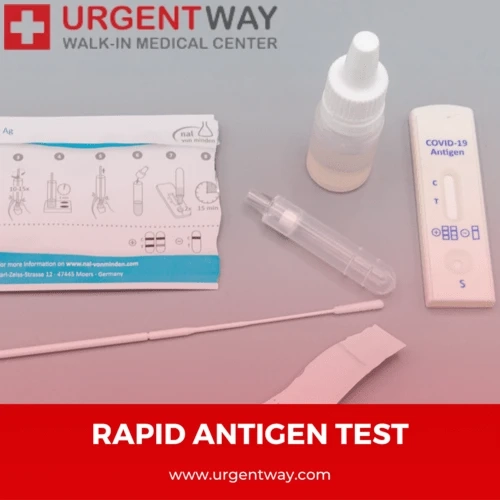Rapid antigen tests have become widely used for the detection of infectious diseases, including respiratory infections like COVID-19. While they offer several advantages such as quick results and ease of use, there are also potential risks associated with their use. Some of these risks include:
False negatives: Rapid antigen tests may produce false-negative results, especially when used during the early stages of infection or when the viral load is low. This means that individuals who actually have the infection may receive a negative test result and mistakenly believe they are not infected. False negatives can lead to a false sense of security and result in the spread of the disease if proper precautions are not taken.False positives: Although less common than false negatives, rapid antigen tests can also produce false-positive results. This means that individuals may receive a positive test result indicating they have the infection when they are actually not infected. False positives can cause unnecessary anxiety and stress, as well as potential disruption to daily activities.Variability in accuracy: The accuracy of rapid antigen tests can vary depending on several factors, including the specific test kit used, the quality of the sample collection, and the training and expertise of the test operator. Some tests may have lower sensitivity and specificity compared to others, leading to a higher risk of false results. It is important to use tests that have been authorized or approved by regulatory authorities and to follow proper procedures for sample collection and testing.Limited detection window: Rapid antigen tests are generally designed to detect active infections and may have a limited detection window. They are most effective when used during the early stages of infection when the viral load is high. However, as the infection progresses or in cases of very mild or asymptomatic infections, the viral load may decrease, making it more difficult for the test to detect the infection accurately.Inadequate confirmation of results: Rapid antigen tests are often used as a screening tool, but they may not provide a definitive diagnosis. Positive results from rapid antigen tests should be confirmed with additional testing methods, such as PCR (polymerase chain reaction) tests, which are more sensitive and specific. Relying solely on rapid antigen tests without proper confirmation could lead to misdiagnosis and inappropriate management of cases.Lack of training and quality control: The proper administration and interpretation of rapid antigen tests require adequate training and quality control measures. In some cases, tests may be performed by individuals without proper training or supervision, leading to errors in testing procedures and inaccurate results.While rapid antigen tests have their limitations and risks, they can still be valuable tools in certain situations, such as for screening purposes or in resource-constrained settings where access to laboratory-based testing is limited. However, it is important to understand the potential risks and use them in conjunction with other diagnostic methods and public health measures to ensure accurate results and effective disease management.


